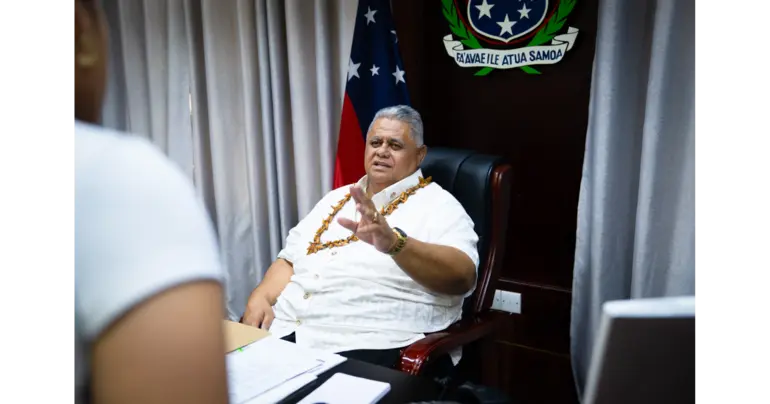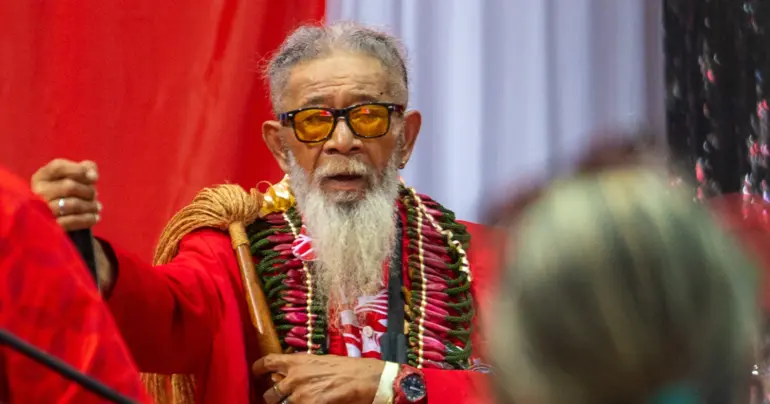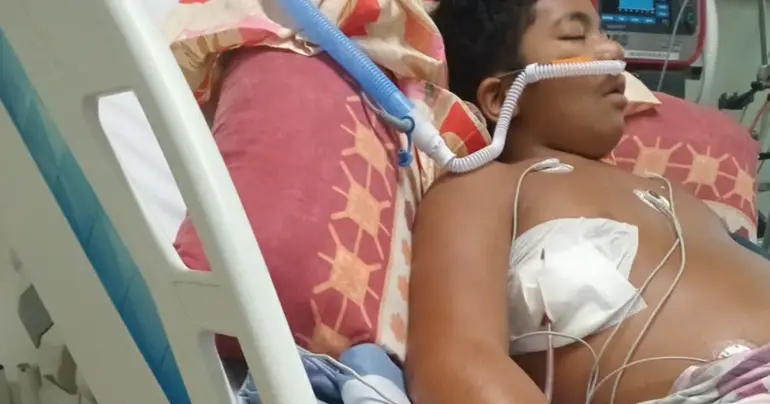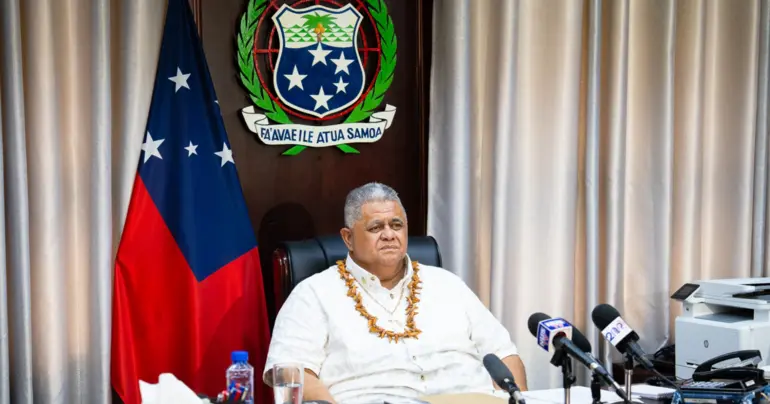Restoring Moata'a's mangroves for ecotourism
 By Sulamanaia Manaui Faulalo
•
06 May 2025, 8:00PM
By Sulamanaia Manaui Faulalo
•
06 May 2025, 8:00PM
The University of Newcastle has partnered with the village of Moata’a on a mangrove regeneration project that could pave the way for long-term ecotourism opportunities, according to the university’s chancellor.
“The University of Newcastle project is working with the village on the mangrove regeneration,” said University Chancellor Dr. Patricia Forsythe during a recent visit to Samoa.
“And we know that in the longer term, that’s going to present tourism opportunities. And so, that’s part of that ecotourism. But ecotourism may come in many different ways.”
The initiative is part of a broader engagement effort supported through a memorandum of understanding, which includes conducting visitor surveys and researching tourism models suited for Samoa.
“You’ve got the environment, that’s the great building block for Samoa. And then it will work,” Forsythe said.
A group of undergraduate students from Australia is scheduled to arrive in July to contribute to the project. Many are the first in their families to attend university and have never travelled overseas.
“We require our students to do 12 weeks of work placement, community-based projects, and very much working with industry, work in communities, both in Australia and the opportunity to travel overseas,” Forsythe said. “One of those is here.”
The initiative aligns with the university’s focus on civic engagement and sustainable regional partnerships.
Peseta Robert Ah Sam Peseta, manager of planning and development at the Samoa Tourism Authority, said the Moata’a mangrove project has drawn growing interest following international exposure.
“I think the Moata’a project is relatively new, but I think as we've seen the exposure from CHOGM and the King's visit, we've started to see more and more people interested in visiting,” he said. “We do know that there are a lot of green travellers out there who are interested in visiting mangroves and a lot of these eco-tourism sites.”
Theresa Ah Kuoi, a University of Newcastle MBA student and principal planning development officer at the Samoa Tourism Authority, said it was a surreal experience meeting her university chancellor.
“As a student, I'm very happy and I'm very proud that I'm part of the university that's investing in our tourism developments and our tourism industry,” said Ah Kuoi.
When asked what she hopes for the students involved in the Moata’a project, Ah Kuoi replied, “I hope they get a chance to experience our culture.”
 By Sulamanaia Manaui Faulalo
•
06 May 2025, 8:00PM
By Sulamanaia Manaui Faulalo
•
06 May 2025, 8:00PM











